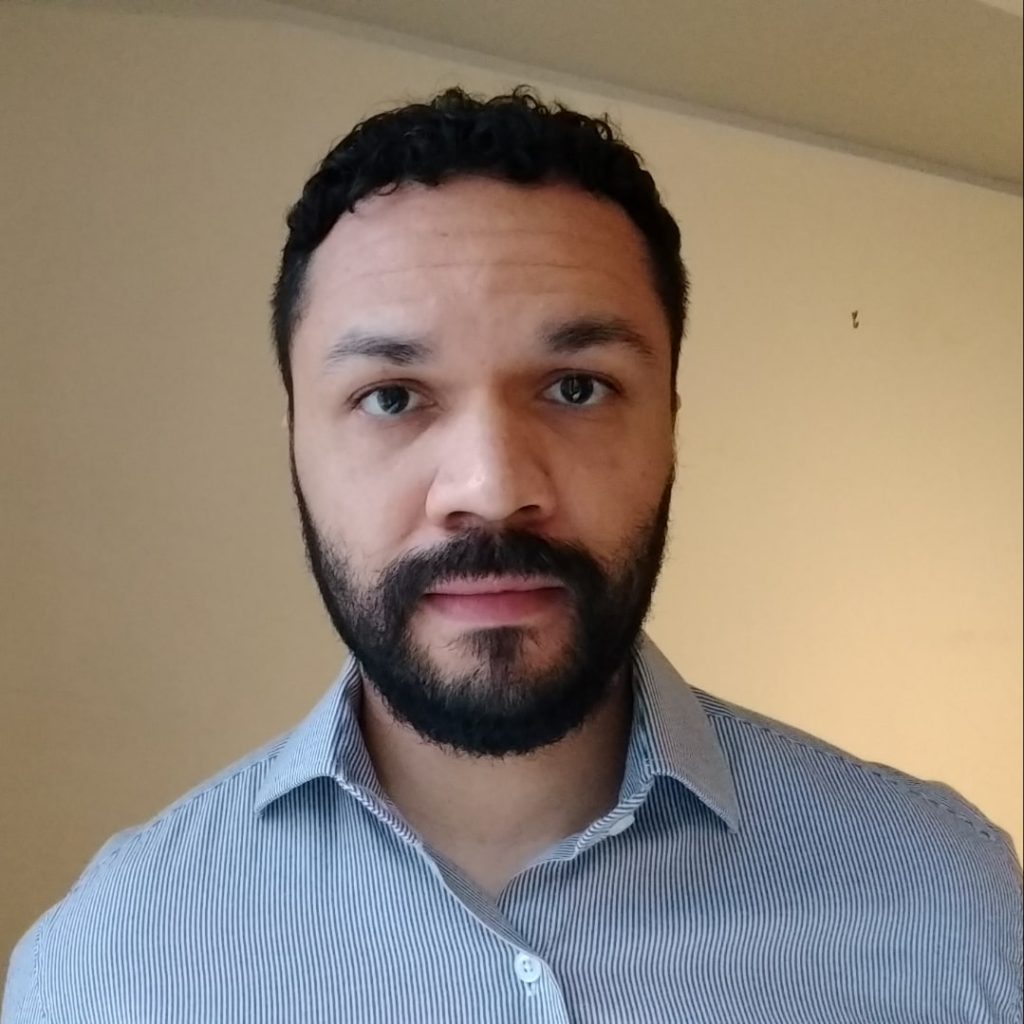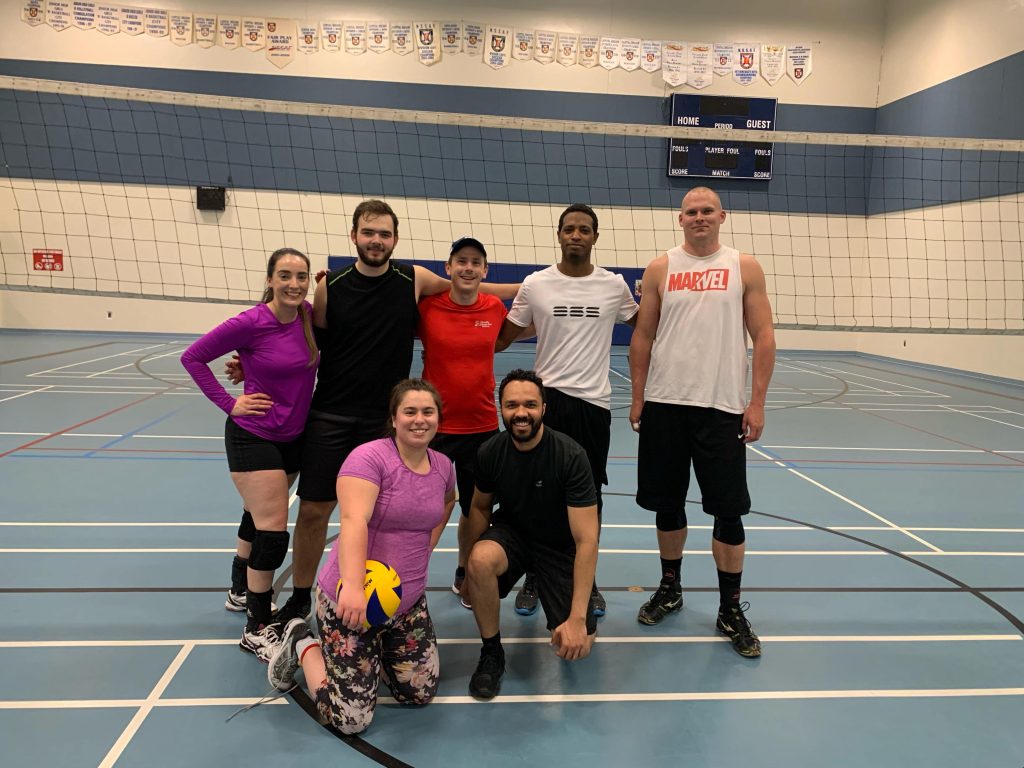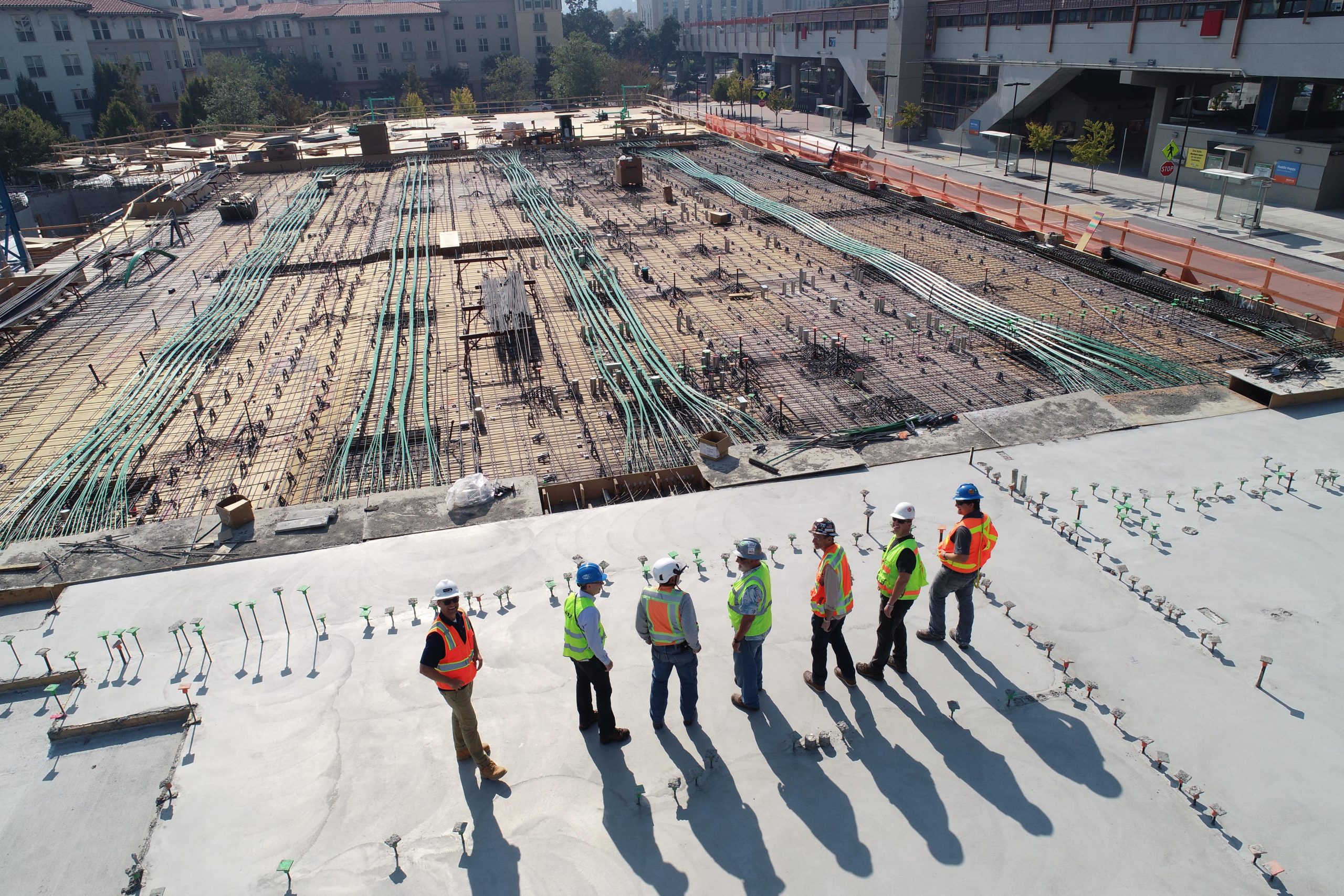Conrado Neto of Brazil finds professional, personal fulfillment in Nova Scotia, much thanks to specialized engineering program
An engineer by trade, Conrado Praxedes Silva Neto of Brazil doesn’t just enjoy designing new buildings and structures. He also enjoys building and designing a new life for himself right here in Halifax.
Neto originally emigrated from his hometown of Paranaiba, nestled in the Brazilian state of Mato Grosso do Sul, back in 2015 to complete his civil engineering PhD on scholarship at Ryerson University in Toronto.
Although his intention was to return home to Brazil, a place he loves due to its inherent friendliness and the welcoming warmth of its people, Neto instead decided to make the move halfway across the country from Ontario to Nova Scotia in December 2020, during the midst of the pandemic to boot.
“I had been here before and I have friends here, and so I knew this was going to be a good place to live,” Neto says. “And then Toronto was in a full lockdown and Nova Scotia was in better shape with COVID numbers, so I decided to just leave the chaos and try it out; to see what it feels like to actually live here, instead of just visiting.”
He was also keenly aware Brazil and Canada share some similarities when it comes to that generally friendly and open attitude.

“Canadians respect minorities and try to make right with Indigenous people,” Neto says. “I really identify with those and I want to be part of a country with that mindset. Brazil still has a long way to go and I am always making sure to vote there for those changes to happen as soon as possible.”
So far, Neto, now 32, has absolutely no regrets about making the jump from Brazil, to Ontario, to Nova Scotia. He’s working as a structural engineer-in-training with PINTO Engineering Ltd., a local company focused on structural and civil design, including building bridges and wharves across Halifax Regional Municipality.
He credits the Internationally Educated Engineers Bridging Program (IEE), available through the Immigration Services Association of Nova Scotia (ISANS), with connecting him to the right people in his industry so he could continue his successful career trajectory in his new home province.
A local friend of Neto’s suggested he reach out to ISANS. Through his online research and connecting directly with the program, he learned about how the Internationally Educated Engineers Bridging Program helps professionals such himself “register with ISANS, meet with an employment specialist, complete the online engineering job search workshop and practice interview preparation,” says Mohja Alia, an ISANS employment and bridging manager.
Once that step is complete, the candidate then moves on to the program itself.
“The engineering competency assessment program offers internationally educated engineers an opportunity to demonstrate their skills and qualifications with an employer for three months at no cost to the employers,” Alia says. “(Candidates) get a limited honorarium during the three months, but they can also access the Atlantic Immigrant Career Loan Fund for living expenses support.
“Engineering professionals will have the opportunity to work on projects under the supervision of a professional engineer. Engineering clients usually research the companies they are interested in, find out about their organization, values (and) projects, and they share their list of potential employers with the program coordinator, who in turn connects with engineering employers to introduce the program and qualified candidate.”
That process seems to have worked out perfectly for Neto. PINTO Engineering has its headquarters off Joseph Howe Drive in Halifax, close to Neto’s new and up-and-coming Fairview neighbourhood.
“I work on designs of buildings; any type of structure,” Neto says of his daily working life. “I also draft… and go to sites for reviews. We need to make sure they are doing things according to what we supplied them in our drawings.”
Neto says he’s “learning a lot” and loves the fact there’s always something different to do every day.
“I come from academia, so now I’m actually learning what people go through in the industry as an engineer, rather than just writing papers and publishing research.”
Alia says that’s what the specialized ISANS program is all about.
“The main goal of the program is to connect qualified and experienced engineers to employers and experts in their field and provide them with Canadian engineering work experience. This experience introduces them to the engineering workplace culture and builds their network in the field,” she says. “At the same time, it also gives employers an opportunity to diversify their workforce.”
So far, Alia says, more than 200 engineering clients have taken the program since it was first offered through ISANS in 2011, with participants coming from all around the world, including Europe, Asia, the Middle East, and elsewhere. Since April 2021, even in the midst of the COVID-19 pandemic, 15 engineers have started or completed the program.
“The program builds on their professional engineering network, provides them with the Canadian engineering work experience, provides them with the confidence to start their professional engineering licensure process, and most of the time provides them with their first engineering job,” Alia says.
In fact, according to ISANS, 90 per cent of engineers who participate in the program gain employment with their host employers or another employer quite quickly, and soon after start and complete the licensure process.
Neto’s love for his profession started with a young love for understanding how things work, and his natural creative inclination toward drawing.
“There’s that component to civil engineering,” he says.
Needless to say, he’s thrilled where his career path has led him, including to the welcoming province of Nova Scotia.
“Even with COVID, when maybe there were fewer jobs, it was still the way to go,” Neto says of the unique ISANS engineering program that has landed him a successful gig with room to grow. “My experience was amazing… I can’t recommend it enough. If I ever come across any other immigrants, any other Brazilians, that need to find a job, I will definitely tell them to contact ISANS.”
“The program is very successful,” Alia says. “We want to thank all the engineering employers who have supported the program over the years, including but not limited to, Nova Scotia Power, Dexter Construction, PINTO Engineering, Shaw Group, the Nova Scotia Government, and many more.”
Neto is a prime example of the program’s incredible success, Alia says, pointing out that “he is an amazing engineer and he was hired right after the program.”
Yet Neto says before reaching out to ISANS for help, he didn’t have much luck networking within his industry here in Nova Scotia.
“It’s the difference between staying in Canada and leaving and going back to your country,” he says matter-of-factly. “It’s that important. It’s everything, really.”
Neto’s advice for other newcomers is to network with organizations such as ISANS and start working toward employment immediately.
“If you don’t get a job to support yourself, you’re not going to have the type of lifestyle you want when you move to Canada.”
While Neto contemplates his next big civil engineering career moves, he’s also careful to take time for himself and his personal hobbies. Since arriving in Canada, he’s made many friends playing volleyball, including through the Halifax Sport and Social Club, when COVID-19 protocols allow anyway. He also hopes to start volunteering with local organizations that promote equality and inclusiveness of all people when it’s safe again to do so.

Neto has traveled back to his home country once over the past six years, and some family members have travelled to see him in his new country, but he admits COVID restrictions have made it more challenging to travel long distances. But there’s always video calls to stay in touch with his parents and sister’s family.
As for advice for Brazilians and others thinking about moving to the home of the maple leaf, Neto recommends researching various provinces and cities across the huge landmass that is Canada.
“They should really know what they want,” he says. “You can get really frustrated in a big city like Toronto, where there is usually a lot going on. Everything is moving fast and is extremely competitive.”
On the other hand, some newcomers used to life in larger cities around the world may get a bit bored by the more small-town version of Canadiana culture.
That being said, Neto does genuinely miss the easy-to-navigate public transportation system in the T-dot, something he became accustomed to living in larger cities. Halifax, he admits, isn’t quite as efficient for getting around town that way. So naturally, Neto recommends other immigrants coming from bigger cities should get a car if they can afford that.
Nevertheless, even despite his transportation woes, “this is the place to be long-term,” Neto says of Nova Scotia, a place he truly feels is his new home. In fact, he eagerly encourages other newcomers to join him here.
In addition to fair salaries and a slew of fun activities, particularly during non-COVID times, Neto promises this: “You’ll love the nature, the balanced work-friends-hobbies lifestyle, and how nice it feels to walk by people and randomly being told a happy ‘hi’ when walking on a trail.”





